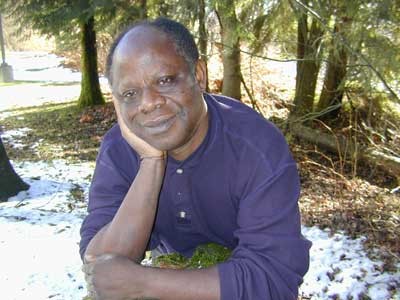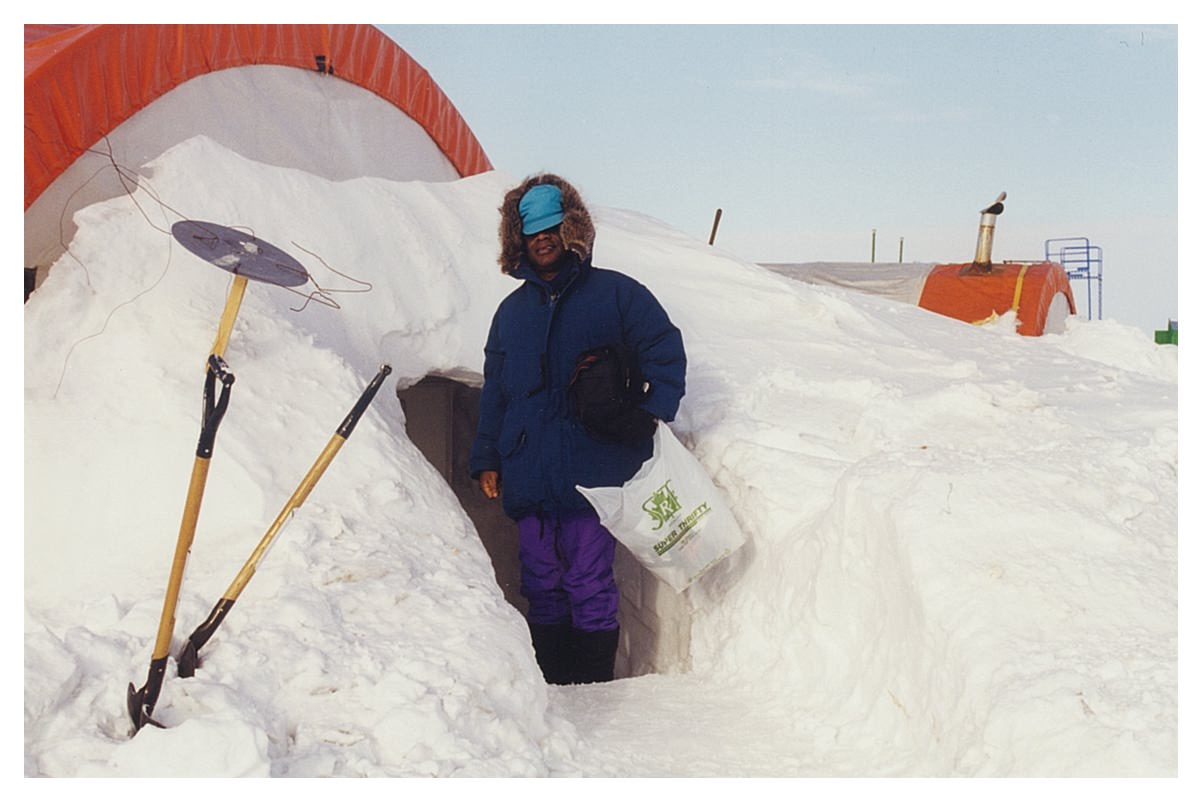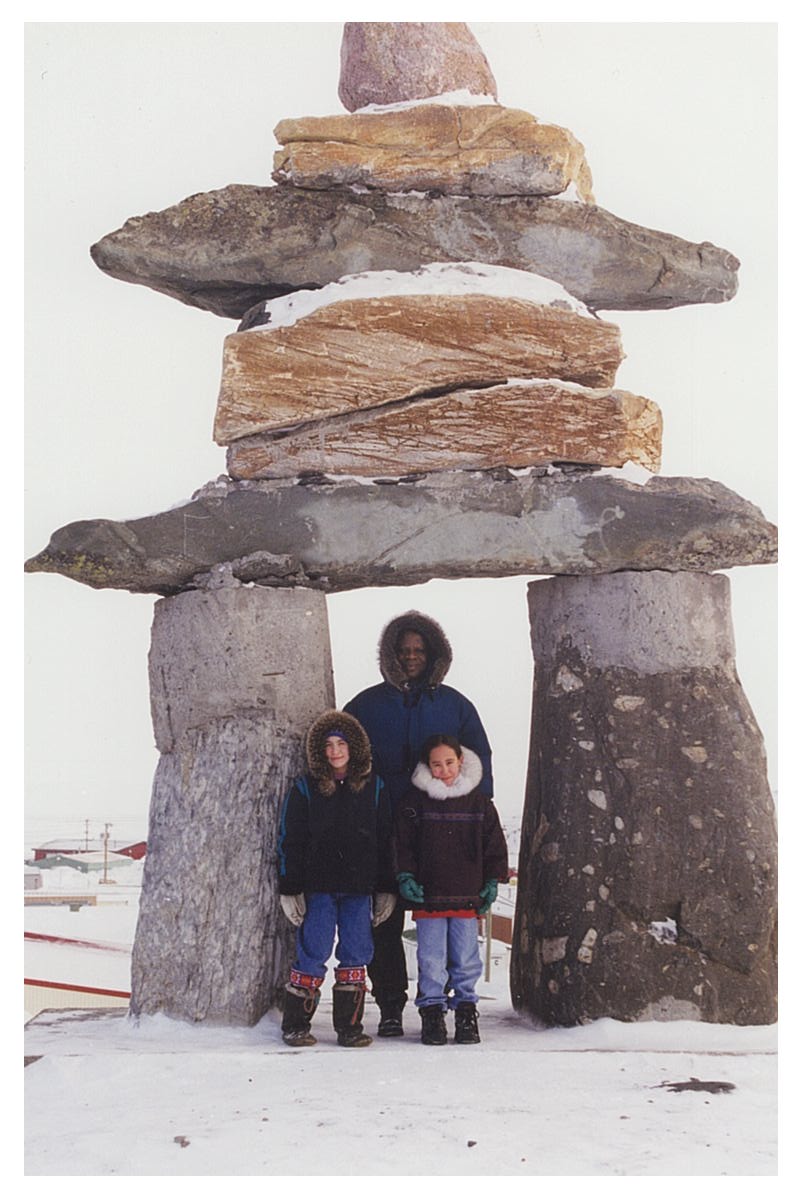
When Stephen Ameyaw teaches in Canada's far North he is known for bringing "the jungle to the igloo."
The Ghana-born research associate in SFU's community economic development centre (CEDC) is also bringing his ideas about entrepreneurship and community planning to students of the new territory of Nunavut.
In April, Ameyaw will return to teach a course that he created to train Northern students as economic development officers. He is also part of a team that is developing a Canada-wide community learning network of aboriginal economic development officers, designed to help aboriginal communities find new economic opportunities.
Ameyaw has conducted extensive research on a wide range of indigenous groups, including studies focusing on the bushmen of the Kalahari and B.C. aboriginal groups. While studying the latter group he developed contacts linking him with the North, where his ideas on planning and development caught the attention of government officials.
He is also a member of a Social Sciences and Humanities Research Council (SSHRC) funded team of researchers focusing on understanding strong indigenous communities in Canada. "They liked my approaches to development," says Ameyaw, who was asked to design and teach the first pilot courses in the village of Iqualuit in 1999. The next year he taught the course in Rankin Inlet and will co-teach it this spring in nearby Arviat.


Most of Ameyaw's students are young women between 20 and 30 years of age. Many are mothers and all have an interest in advancing northern communities. Course credit can be applied toward a management studies certificate. Following their training, students go to work in various communities. "They're looking for economic opportunities and to facilitate employment and small businesses," says Ameyaw.
Ameyaw hopes to shift the teaching responsibilities to northern instructors. "The need for trained individuals is growing and the task now is to help them do the training themselves," he says.
Ameyaw has been a consultant for several economic development and planning projects in communities across the country. He has designed and taught several courses, including the first CEDC course taught in Kamloops through the Secwepemc cutural education society partnership with SFU. He is currently designing courses for the Nicola Valley Institute of Technology in Merritt, an independent First Nations educational institute.
Ameyaw says his focus on minorities and development took root when he was a child growing up in Ghana. He learned first-hand about the role of women in that country while doing chores for his mother, who had no daughters to assist her. "I became a realist very quickly," he says.

